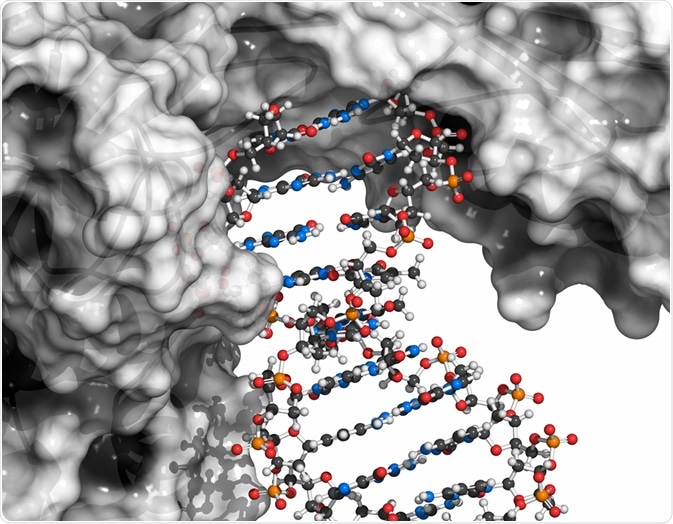The biopharmaceutical industry develops drugs that are based on recombinant proteins expressed in different host systems, such as bacteria, yeast, fungi, plant cells, etc. In these cases, the expressed proteins are subjected to several rounds of purification to ensure that the host cell proteins do not contaminate the resulting proteins of interest.
 molekuul_be | Shutterstock
molekuul_be | Shutterstock
The immunogenicity of HCPs
Host cell proteins are highly immunogenic, even when present at very low levels. This can cause a cytokine storm, and if untreated, death. It is therefore essential to detect the presence of host cell proteins in therapeutic products.
However, in many cases, the methods that are used to measure the host cell proteins do not allow clinicians to assess the risk associated with a particular type or group of host cell protein. In silico methods are one way to address this issue and analyze the relative risk of particular host cell proteins.
Apart from identifying the different types of host cell proteins that are present, it is also important to determine their quantities.
Proteolytic HCPs and drug efficacy
In some cases, the host cell protein may be associated with proteolytic activity. This can lead to fragmentation of the recombinant protein, reducing the dosage and efficacy. For example, in a recent study, host-cell-related proteolytic activity was found during the production of a recombinant Fc fusion protein. This led to fragmentation of the Fc-fusion protein.
The proteolytic activity of the host cell protein was compared to glycosidase activity where sialidases remove sugar moieties from glycoproteins. The protease activity in such cases can be controlled by reducing the temperature, optimizing pH, and adding inhibitors or substrates to reduce the effect of degrading enzymes. These methods, however, can add to the overall cost of making recombinant proteins.
Aggregation of host cell proteins
Host cell proteins are a complex mixture of proteins, and some of these proteins can aggregate into insoluble particles. These aggregates have the potential to cause adverse reactions and may even lead to a heightened immune response.
Binding of host cell Proteins to recombinant proteins
Studies show that in many cases human cell proteins elute with the recombinant proteins during chromatography as they physically interact with the proteins. This is also referred to as "piggy-backing" of host cell proteins on the recombinant proteins.
Separating the host cell protein and recombinant protein in these cases would require knowledge of the sequence and structure of the recombinant protein, host cell proteins, bioprocess conditions, and critical threshold of host cell proteins that can be present in the recombinant proteins.
Assessing the risks associated with host cell protein contamination
The risk associated with the host cell proteins can be based on three parameters. First is the severity of the effects of host cell proteins. This includes the immunogenicity, biological activity (in cases where the host cell proteins are enzymes or hormones), and interaction with the product (for example, proteases that can interact with the recombinant protein).
The second parameter is the detection of host cell proteins themselves. This includes the ease with which a specific host cell protein or a class of host cell protein can be identified and quantified.
The third parameter is the abundance of host cell proteins. This includes measuring the amount of host cell protein and assessing the cases where this amount is above the threshold level.
It is challenging to remove the host cell proteins due to their heterogeneity and complexity. In many cases, hundreds of host cell proteins may co-purify with the target protein and they may differ in physical properties and post-translational modifications.
Further Reading
Last Updated: Apr 10, 2019